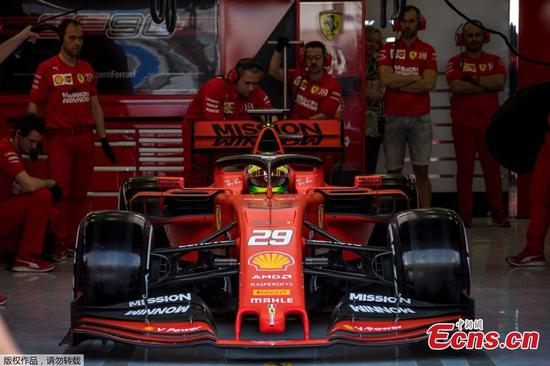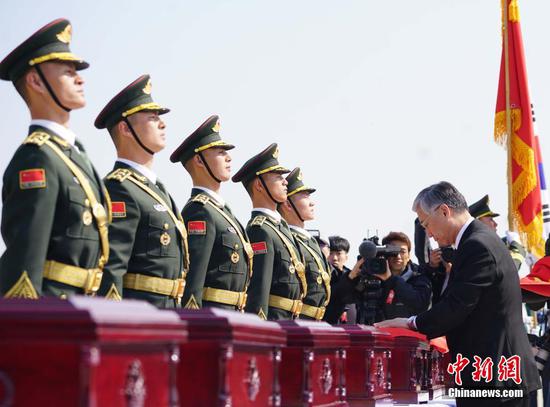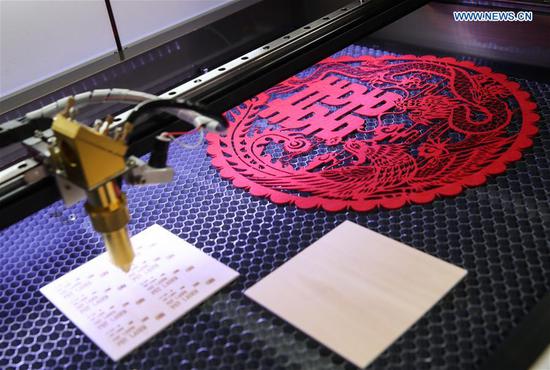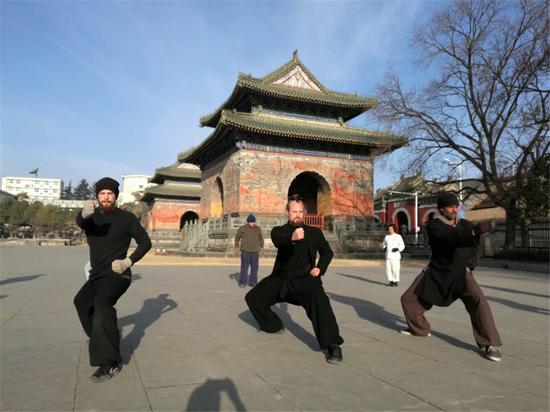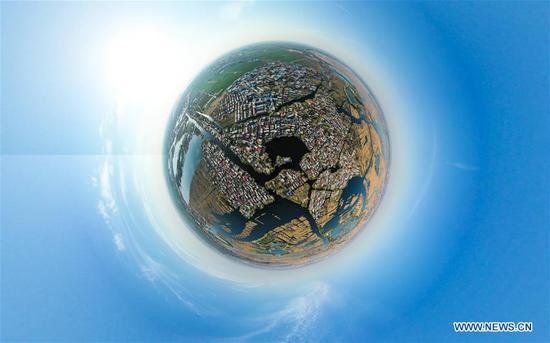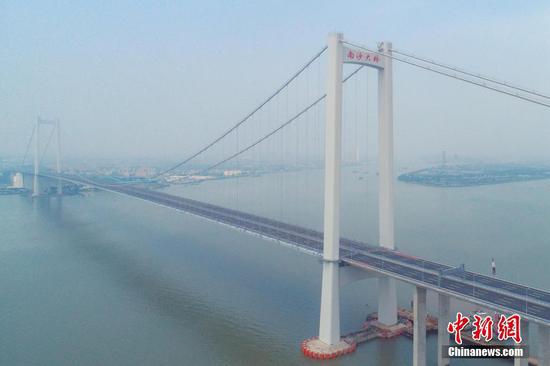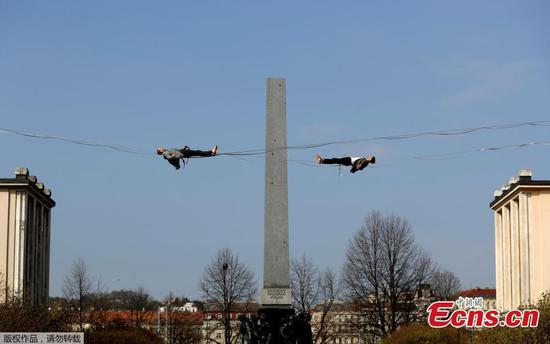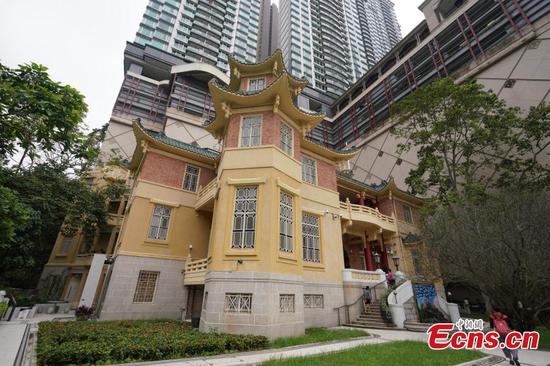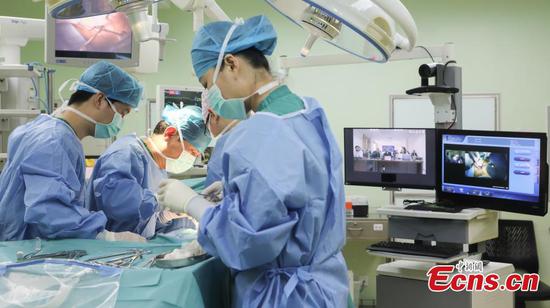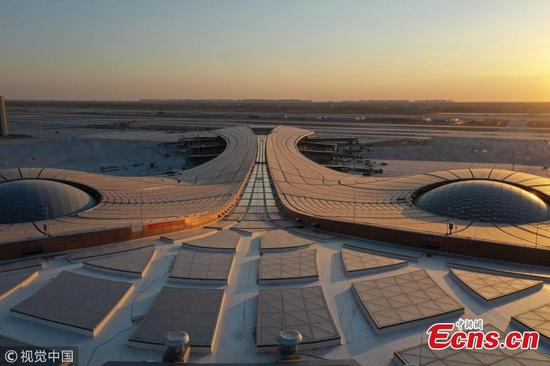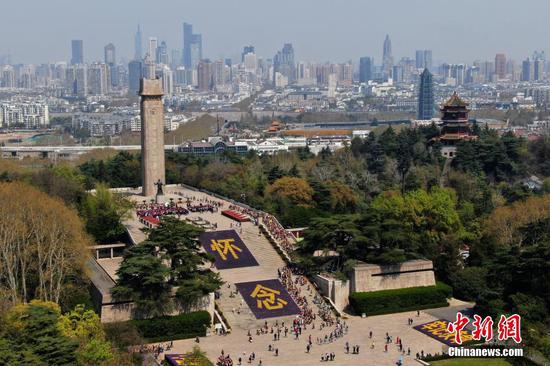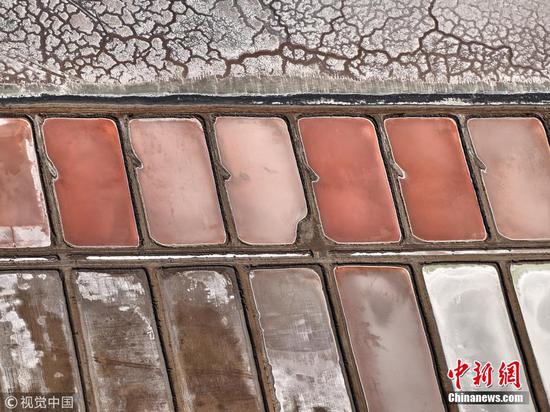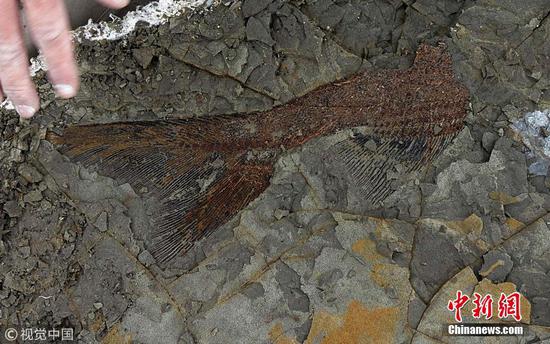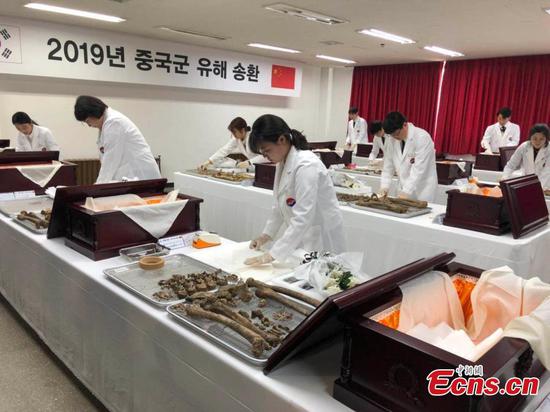Managing Director of the International Monetary Fund (IMF) Christine Lagarde said here Tuesday that imposing import tariffs won't eliminate trade deficits and will cause "potentially self-inflicted wounds."
Addressing the 13th Annual Capital Markets Summit held at the U.S. Chamber of Commerce headquarters, Lagarde said it's true that not everyone has benefited from global trade, that there are distortions in the trade system, and that the system needs to be reformed but "trade barriers are not the answer."
She said the IMF, after analyzing the experience from 180 countries over the past six decades, found that trade integration "clearly boosts investment -- in plant, machinery, and many other high-job-creating areas."
"Conversely," she added, "trade barriers clearly damage investment and employment."
Lagarde said the finding "is of particular relevance now" as ongoing trade tensions around the world could further damage investment "at a time when investment is already weak."
Citing a new IMF research, Lagarde said if tariffs on all goods traded between the United States and China went up by 25 percentage points, that alone would reduce annual gross domestic product by up to 0.6 percent in the United States, and by up to 1.5 percent in China.
"These are potentially self-inflicted wounds that should be avoided," she said.
The United States has blamed several of its trading partners for running trade surpluses with it and resorted to the imposition of tariffs to reduce the gaps.
"The fact is that, historically, bilateral trade balances have been driven mostly by macroeconomic factors, not bilateral tariffs," Lagarde said, adding that the most effective way to reduce a bilateral trade deficit is to steer clear of tariffs, "because tariffs on the goods of one country only divert trade flows to other countries."
"Nobody wins a trade war ... That is why we need to work together to reduce trade barriers and modernize the global trade system -- so that we all win," she said.
In addition, the managing director also called for "collective action to modernize the key functions of the World Trade Organization (WTO)."
Such effort should be made to improve the WTO's negotiating process, transparency of the organization, as well as its dispute resolution mechanism, Lagarde said.










